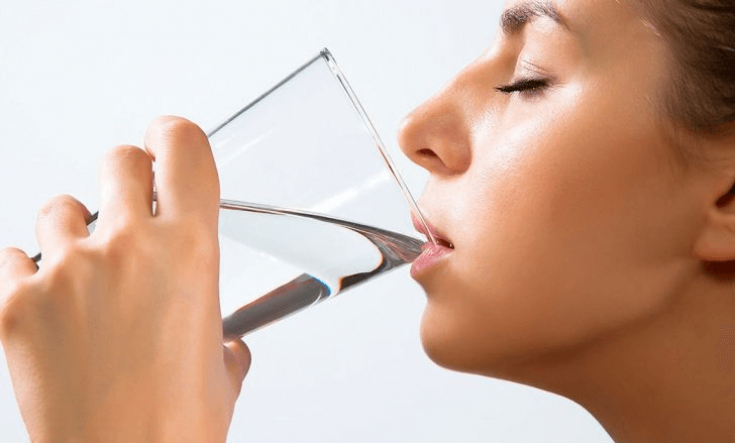Dry mouth is due to insufficient saliva flow. Saliva is a necessary element of digestion, and it also cleans the oral cavity and moisturizes it. Due to the lack of saliva in the mouth, discomfort, an unpleasant odor appear, and lips can sometimes crack. But the worst thing is that dry mouth can lead to digestive disorders, problems with teeth and increase the risk of ENT diseases.
Today, the editors of estet-portal will tell you what are the causes of dry mouth and what it threatens.
Causes of dry mouth
Dry mouth can occur due to several reasons:
1. Water. You are just thirsty, thirsty or dehydrated.
2. Smoking. Dry mouth may be a side effect of tobacco exposure to mucous membranes.
Subscribe to our page on Facebook!

3. Colds. If you have a stuffy nose and breathe through your mouth, you are likely to get dry, so drink plenty of fluids.
4.Stress. Due to strong excitement, less saliva is produced, so dryness occurs.
5. Medications. Some medications cause dry mouth as a side effect.
6. Sleep. During sleep, less saliva is produced, which may cause you to
1.
Diabetes mellitus. This is a disease that occurs due to impaired glucose uptake due to lack of insulin. Due to the fact that glucose accumulates, the body tries to get rid of it, thereby causing dry mouth.
2. Schergen Syndrome— a connective tissue disease in which cells of one's own immune system attack the tissue, including the tissue of the salivary glands. Because of this, the production of saliva is reduced.
Subscribe to our page on 3. Celiac disease or celiac disease. This is a digestive disorder caused by damage to the villi of the small intestine by certain foods, including cereals. With this disease, patients have thick saliva, which does not moisturize the oral cavity.

4. Lymphogranulomatosis or Hodgkin's disease — a malignant disease that affects the lymph nodes and blood vessels.
— a change in the hormonal background in women, which occurs very sharply, because of which it can reduce the flow of saliva.
6. Tooth decay.Lack of saliva increases the chance of tooth decay and the accumulation of bacteria in the mouth, which can also attack the gums.
See more important and useful information on






Add a comment